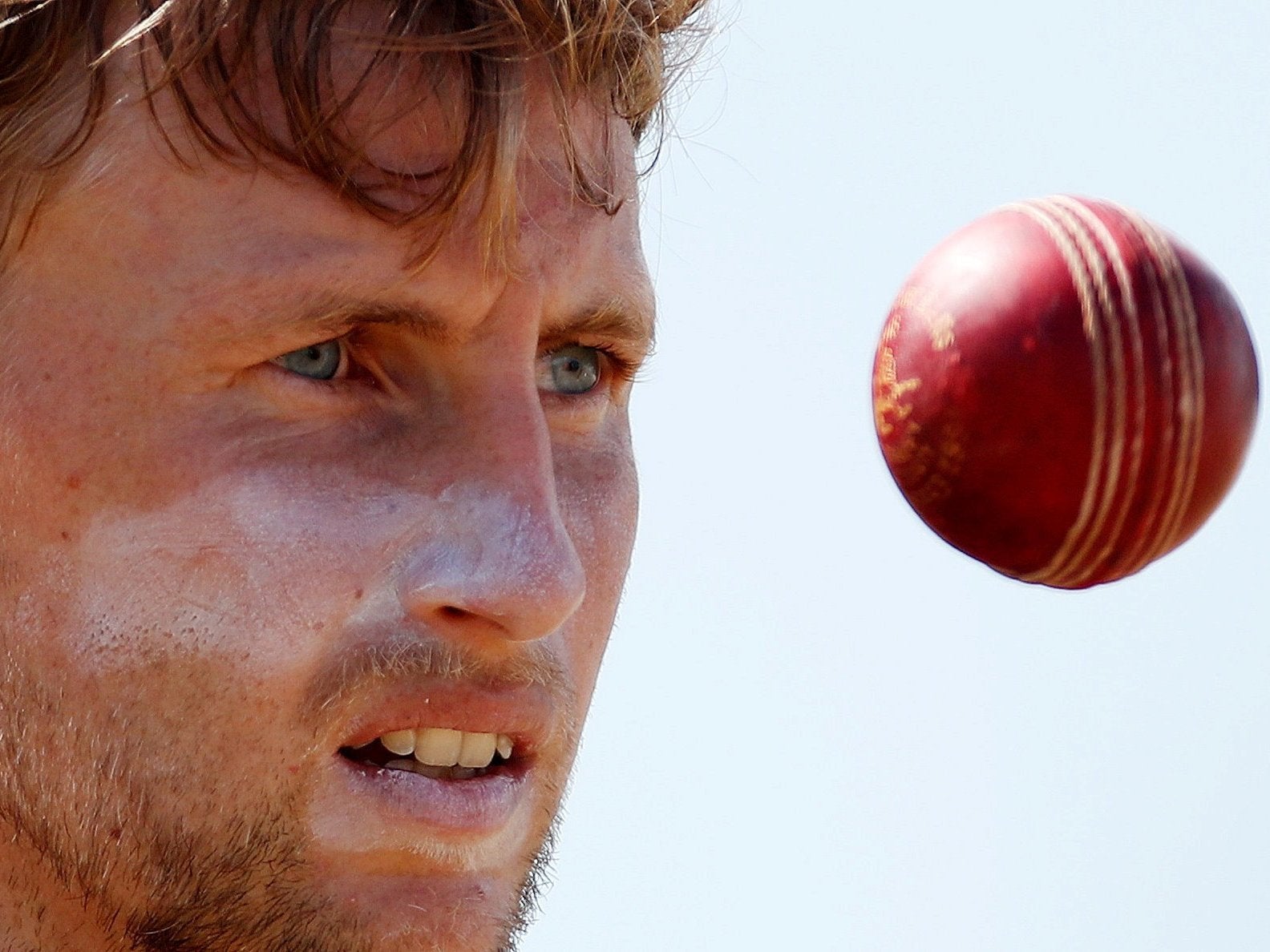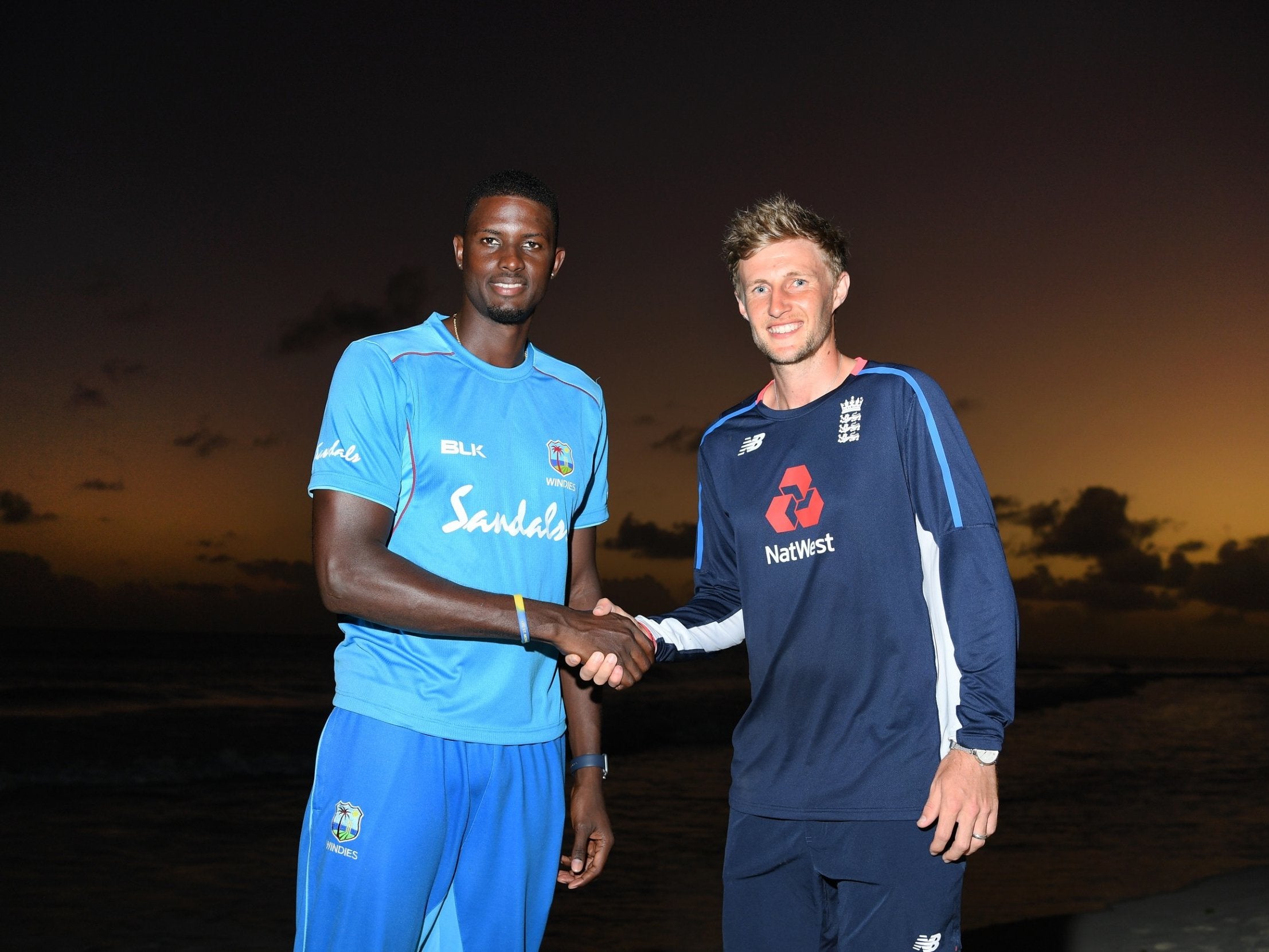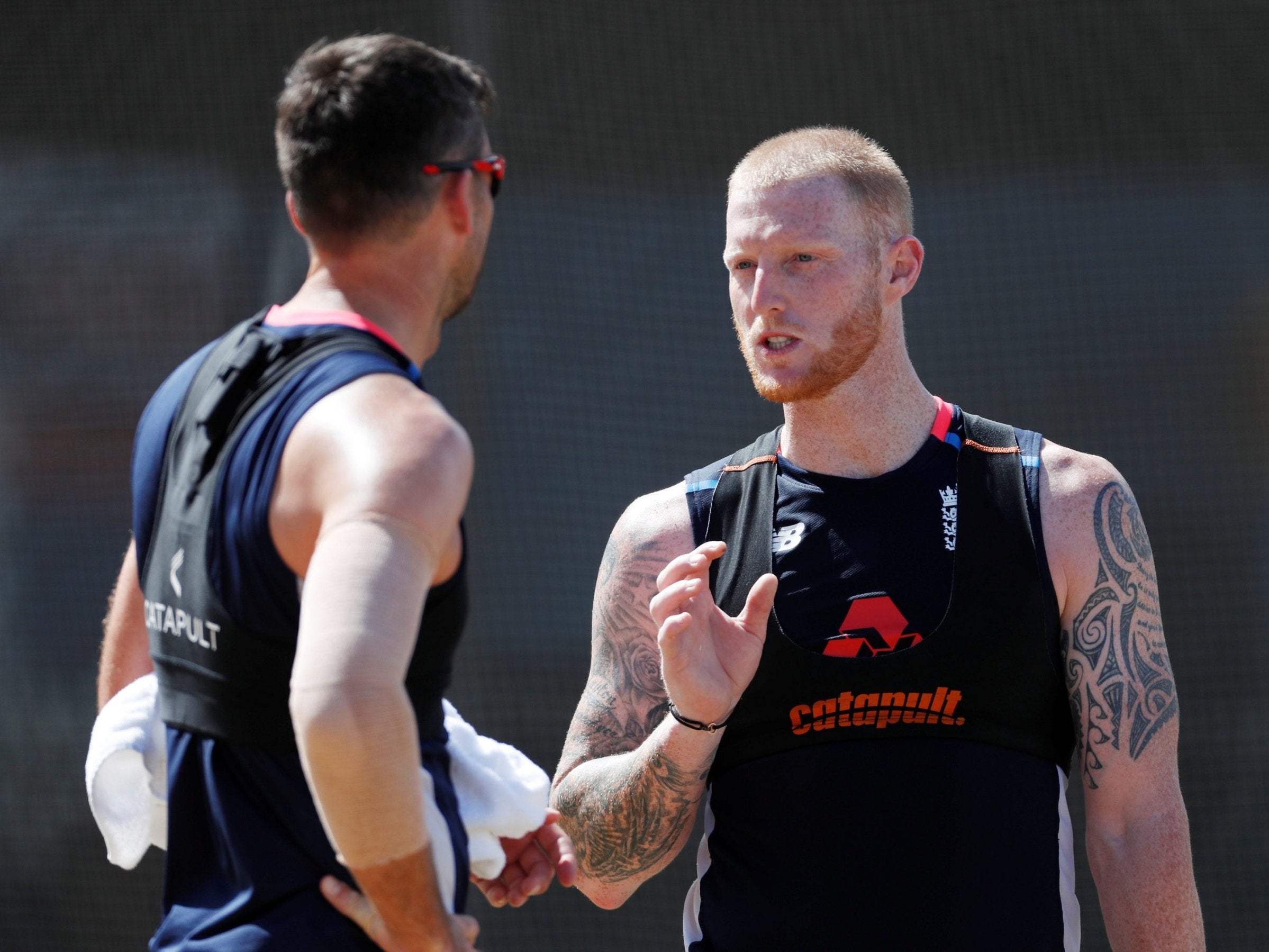England vs West Indies: Joe Root's side must navigate danger in pursuit of golden year
England are searching for clinical consistency to triumph ahead of the first Test on Wednesday

Your support helps us to tell the story
From reproductive rights to climate change to Big Tech, The Independent is on the ground when the story is developing. Whether it's investigating the financials of Elon Musk's pro-Trump PAC or producing our latest documentary, 'The A Word', which shines a light on the American women fighting for reproductive rights, we know how important it is to parse out the facts from the messaging.
At such a critical moment in US history, we need reporters on the ground. Your donation allows us to keep sending journalists to speak to both sides of the story.
The Independent is trusted by Americans across the entire political spectrum. And unlike many other quality news outlets, we choose not to lock Americans out of our reporting and analysis with paywalls. We believe quality journalism should be available to everyone, paid for by those who can afford it.
Your support makes all the difference.In Barbados, danger often lurks behind most idyllic of facades. Take a bite from the juicy green fruit of the manchineel tree, and the deadly toxins will quickly leave you with excruciating pain and internal bleeding. Take a swim in the crystal-blue ocean in summer, and the jellyfish will be waiting. Take a midnight stroll on the beach, and you may not necessarily return home with all the possessions you left with.
England’s cricketers are, by and large, far too sensible to get tangled up in those sorts of shenanigans. But a different danger lurks over the coming weeks, as Joe Root’s side attempt the perfect start to what they hope will be English cricket’s perfect year. From the high plains of January, the road ahead is mapped out with a chiling clarity: a home World Cup, a home Ashes, a double swing at immortality. Come unstuck at the first hurdle, however, and suddenly their golden plans for 2019 will take on a wildly different hue.
There are three Tests to be played, and England are good enough to win them all, as they did so impressively in Sri Lanka last autumn. For that to happen, however, they will need to display the sort of clinical consistency that has so often eluded them in the recent past. They don’t need to play perfect cricket. They will be excused the odd loose session or mini-collapse. Not for nothing are the West Indies on the verge of slipping to No 9 in the world behind Bangladesh. But when the game begins to turn against them, Root’s men will need to find a way.
The past year suggests they are beginning to learn how to do so. Flexible batting orders, enviable strength in depth and good bowling variety offer Root plenty of options, whether he wants to chase a game or strangle it. And after a torrid 2017-18 winter, the captain himself has shown signs of growth and empowerment: intelligently rotating bowlers, giving individuals clear roles in the side, taking tough decisions like leaving out Stuart Broad or taking the gloves from Jonny Bairstow. Above all, after 24 Tests in the job distinct character traits are beginning to emerge: a preference for youth over pedigree, for individual expression over collective rigidity, for aggression over caution, for shaking things up rather than letting them settle.
Alastair Cook told an interesting story in his recent Sunday Times column. It was the second Test at Headingley in June, and England had just bowled Pakistan out cheaply before tea on day one. With their top order struggling for runs, and a first win in nine Tests within their grasp, Cook argued that England should bat time, consolidate their position, feel their way back into form. No, Root told him firmly. That wasn’t how he wanted his England to play. He wanted them to counter-punch. England scored 106 in the final session, won in three days and have won seven Tests in eight ever since.
The low, slow pitches of the Caribbean, however, will provide a subtly different challenge. Here England may well need to bide their time, especially if Jason Holder and Kemar Roach tie them up with tight lines and try to force an error. They may need to see out the odd stodgy hour, especially given their lack of middle practice. But while the West Indies have a decent attack, especially on home soil, it is not yet a complete one: Shannon Gabriel is dangerous but expensive, the spinners (Roston Chase, Jomel Warrican or both) are barely county level, and the fourth seamer is a potential weak link. Work hard, and the runs should come.

With the ball, England will fancy their chances. The Duke’s ball being used in this series has swung lavishly well into its lifespan so far on this tour, which should play not only into the hands of James Anderson and Stuart Broad but the irrepressible Sam Curran, who could even be given the new ball if he plays. Moeen Ali and Adil Rashid will relish the turn on offer, and if England can hold onto their catches, as they occasionally threatened to do in Sri Lanka, then the Tests are far more likely to go three days than five.
But the home challenge should not be underestimated, even if you disregard England’s shocking record of one series win here in 50 years. The West Indies frequently give the impression of a team threatening to implode under the weight of its own internal politics – well, you try running a team comprising 17 different nations. But few assignments motivate them more than an England series, and while that alone won’t be enough in a three-Test series, even in their lean years there have been enough moments of stunning audacity – Ian Bradshaw in 2004, Jerome Taylor in 2019, Carlos Brathwaite in 2016, Shai Hope in 2017 – to warn England against expecting things all their own way.

Hope, along with the returning Darren Bravo and the exciting Shimron Hetmyer, form the spine of the batting, with Jamaica’s John Campbell in line for a Test debut at the top of the order. It’s an improving team, a pleasing blend of youth and experience, and under the superb captaincy of Holder, a driven one too. Consider, too, that many of the islands’ best cricketers no longer even play the longest format. Thirteen West Indians will take part in this year’s IPL, but of those only Hetmyer is currently in the Test side. It’s a reminder that for all their tribulations, for all the premature obituaries, this is a place that still adores its cricket, and given its meagre resources still produces a concentration of talent matched by few other places on Earth.
These are familiar foes: with nine bilateral series in the last decade, the West Indies have been England’s most frequent opponent in all formats with the exception of Australia. It’s a testament not only to the lucrative tourism revenues these encounters generate – an estimated 9,000 England fans have flown over – but the enduring appeal of this fixture, one of cricket’s most evocative, and one that rarely fails to produce the spectacular. The Kensington Oval is completely sold out for the first day of the series. For both teams, and in more ways than one, Wednesday could be the start of something special.
Join our commenting forum
Join thought-provoking conversations, follow other Independent readers and see their replies
Comments